You may have noticed a recurrent habit of mine which consists in wrapping my hair in a piece of fabric. In brief, wearing a turban or headscarf is part of my daily routine. Proof are the numerous pictures of myself sporting this religious, royal and practical hat.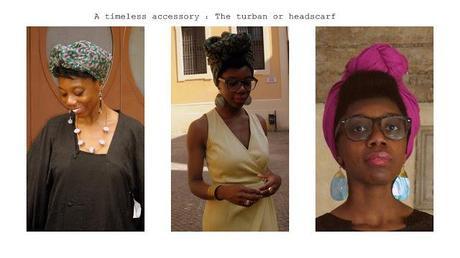 You probably all know by now that though I was born in Cameroon I mostly grew up in France. And in France like in most european countries wearing a turban is uncommon when fashion magazines are not telling us this accessory will be the next IT item. I certainly don't wear turbans for the sake of being trendy nor for religious reasons. So why ? That's what I've been questioning lately because I consider doubting another way to learn about the world and ourselves.
You probably all know by now that though I was born in Cameroon I mostly grew up in France. And in France like in most european countries wearing a turban is uncommon when fashion magazines are not telling us this accessory will be the next IT item. I certainly don't wear turbans for the sake of being trendy nor for religious reasons. So why ? That's what I've been questioning lately because I consider doubting another way to learn about the world and ourselves.
The 4 years I have spent in Cameroon during my childhood really have influenced me though I sure have the most conflictual relationship with my other country and its people (but that's another issue). I started wearing turbans when I was in high school and did it because it was precisely at that time that I started going natural with my hair. And if you remember my hair routine I must admit that sometimes (if not often) I am really fed up with taking care of them. So wrapping a turban around my head avoids me these 15-30 minutes in front of the mirror, moisturazing and combing my hair. 5 minutes, that's all it takes with a headscarf. And though the reason I am wearing a turban is very practical I came to realize that for others my habit was uncommon : as much as in Italy, here in Germany people are giving me the stare because of it. "Is she muslim ?" "Why is she wearing that ?" "Such a strange habit, it doesn't really match with the rest of her attire" I know these are the thoughts of some people when seeing me or people from other ethnicities wearing a turban.
As for myself, another reason I am wearing headscarves is because I used to see women at my dad's office coming with the most beautiful and colourful turbans ever. Not only in Cameroon but in Africa in general I do have the feeling that fashion is exuberant. It has to be colourful, huge, grand almost royal. And in each country of this continent I have been to, I had the impression turbans were for the women a great way to distinguish themselves.
Indeed, eventhough for the last 25 years of my life I've always wanted to ask Cameroon's First Lady, Chantal Biya : "Are you serious ?!" regarding her hairstyle (but not only).
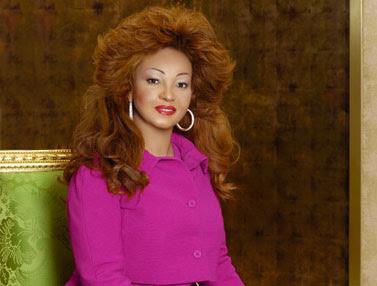
I must admit that in matter of wrapping in a beautiful way her turban she is a master.
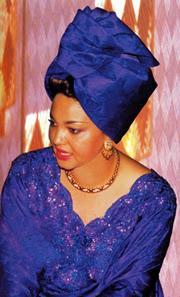
Though my wearing a turban is mostly due to my childhood spent in Africa I must say I haven't seen in any other continent (I set apart Europe where it is much more a fashion item) the turban as an accessory for women. Indeed when looking for information about this piece of fabric I was surprised to discover that it is mostly worn by men from India to the Middle East but also from South Asia to the Swahili Coast.
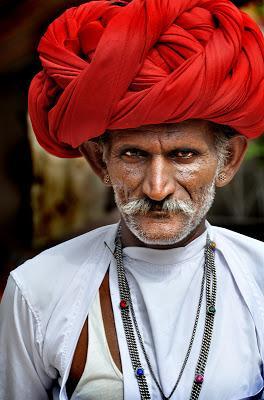
A man from Rajasthan
Turbans are mostly worn for religious reasons, think about sikh or muslim people. In India, for example, this piece of fabric has a lot of meanings like my friend Swati gently explained me : "As for turbans... yes they have a lot of significance in our country as a whole. Sikhs wear them for religious purposes. People in Rajasthan wear colorful ones. The state is practically a desert.. hence the turban probably solved the purpose of protecting them from heat. Then it is also a symbol of respect somehow. In Hindu weddings... the important close male family members of both the groom and the bride wear turbans for a small ritual. In fact the groom wears a highly decorated turban all through the wedding.... its called a sehra... and it has sort of a curtain covering his face. There is a special ceremony called sehra-bandi (roughly translated - to tie a turban) and it revolves around, of course, tying the said turban on the groom's head."
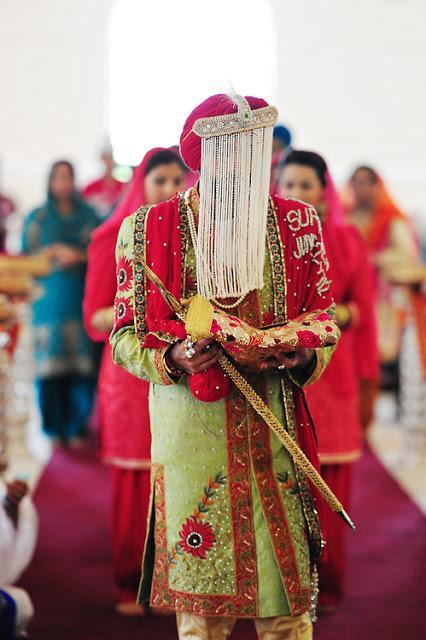
A groom wearing a sehra
But eventhough I succeeded in finding informations about turbans, what I found mainly concerned India. As for Africa I did find some things but only regarding North Africa and the Swahili coast. That is why I started wondering if the turban was really part of the "cameroonian" (I put quotation marks here because it is really hard to consider Cameroon only has one culture when the country has so many different ethnic realities) and african culture in general since a lot of women are wearing them. Thinking of my ancestors' pictures I never saw one with a turban. Women were sporting braids and men wore particular hats, so where this habit of wearing a headscarf is from ? The only thing I could came up with is religion and especially Islam since a lot of people in Cameroon and Central Africa (but not only) belong to this religion, given that turbans also hold a huge meaning for its believers.
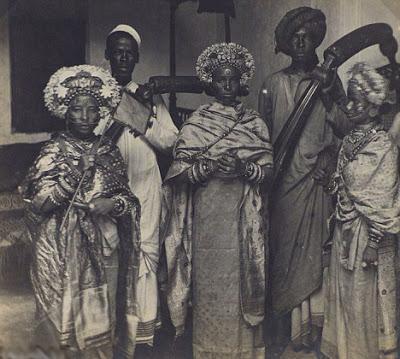
Swahili women
As you can see in the end I am pretty clueless about why turbans hold such importance in my own country (that is my other one : Cameroon) because of a lack of information, nonetheless finding the different meanings turban has in different part of the world definitely makes me proud of wearing it.
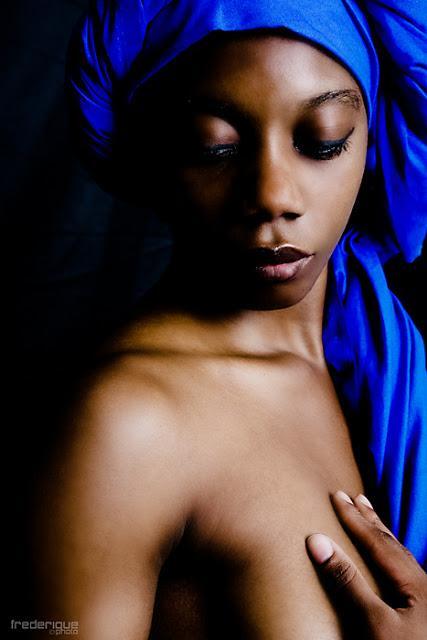
I intentionally started this article with the famous quote by Socrates : "I know that I know nothing". because I think it matches perfectly my relationship with turbans. Though this piece of fabric is definitely part of my culture since I am used to people wearing turbans and sport it myself, I know nothing about it. But, despite my ignorance I still feel that more than wearing it for practical reasons I do it to feel closer to this african culture I am not familiar with.

